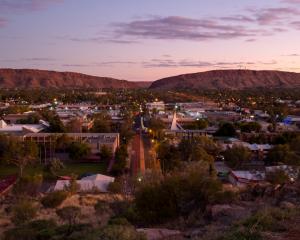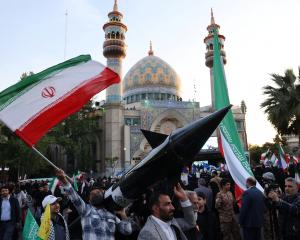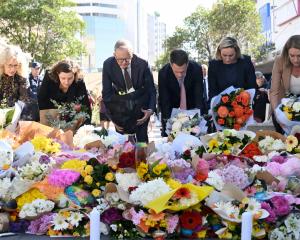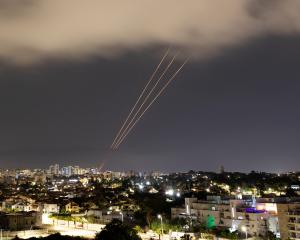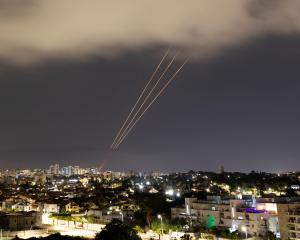More than 12,000 migrants have crossed into Slovenia in the past 24 hours and thousands more are expected, prompting authorities to ask the rest of the European Union for help dealing with the flood of people.
Slovenia has asked the EU for police to help regulate the flow coming from Croatia, Interior Minister Vesna Gyorkos Znidar told TV Slovenia.
EU officials said Austria, Germany, Italy, Hungary, the Czech Republic, Slovakia and Poland offered to send police reinforcements.
"We are standing by Slovenia in these difficult moments, Slovenia is not alone," European migration commissioner Dimitris Avramopoulos said after meeting Gyorkos Znidar. The EU executive later said Slovenia had formally requested tents, blankets and other supplies under the bloc's disaster relief programmed.
Croatia also decided on Thursday to seek international help, the news agency Hina reported. The government in Zagreb said it would ask for blankets, winter tents, beds and containers. Since mid-September, 217,000 refugees have entered Croatia.
Migrants began streaming into Slovenia last Friday, when Hungary closed its border with Croatia. Before then, they were heading for Hungary - a member of Europe's Schengen zone of visa-free travel - and then north and west to Austria and Germany. Sealing the border diverted them to Slovenia, which is also a member of the Schengen zone.
The daily cost of handling migrants was costing the former Yugoslav republic 770,000 euros ($856,000), Gyorkos Znidar said. Illustrating the pressure on a nation of just 2 million, authorities said a big national league football match would not go ahead in the capital on Saturday because police were stretched too thin with the migrants to provide crowd control at the game.
'I would go home'
About 2,000 refugees and migrants were kept for hours in cold in a field outside Rigonce at the Croatian border. Later the police escorted them to a nearby refugee camp.
"I wanted to go to Sweden to continue my studies of banking and finances," Mohammad Labban, a 27-year-old Palestinian from Lebanon said. "But now I would rather go home than stay in such horrific conditions," he said.
Earlier, Sweden said it expected up to 190,000 migrants this year, putting unprecedented strain on a country famous for welcoming but which now has little option but to house tens of thousands through the winter in heated tents.
Mohamed Kattae, 50, a surgeon from the Syrian town of Aleppo who settled in Croatia in the 1980s came to Rigonce with his wife and four children to meet his brother whom he has not seen for 10 years.
"He is so frail and exhausted," he said, after he met his brother.
"He told me they slept for two days in the fields and in terrible conditions. I offered him to stay in Croatia but he wants to go to Germany," Kattas said.
The European Commission President Jean-Claude Juncker called an extraordinary meeting of several European leaders for Sunday.
Juncker invited the leaders of Austria, Bulgaria, Croatia, the former Yugoslav Republic of Macedonia, Germany, Greece, Hungary, Romania, Serbia and Slovenia.


